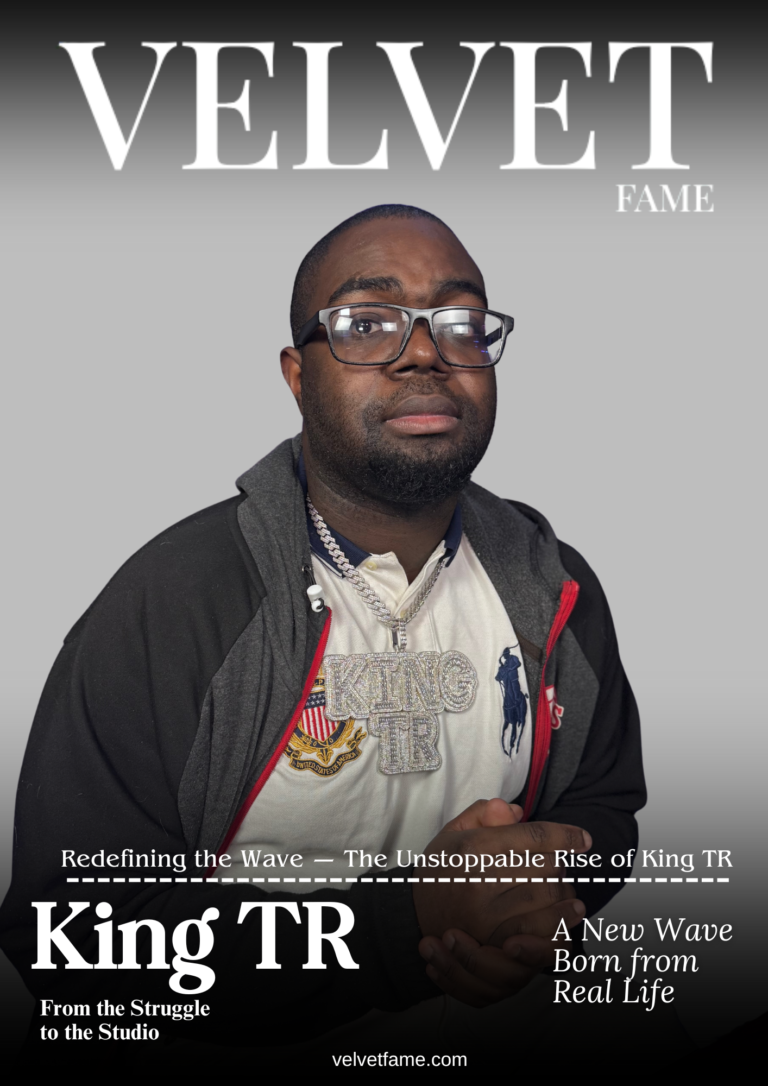Reaching for the stars—once a dream limited to astronauts and sci-fi fantasies—is now inching closer to reality, at least for an exclusive group of travelers, thanks to Virgin Galactic. The innovative spaceflight company, founded by billionaire entrepreneur Sir Richard Branson, is making significant strides toward launching its revamped Delta spacecraft, with its first flights projected for the summer of 2026. However, this remarkable opportunity comes with an equally astronomical price tag.
According to reports from Robb Report and Bloomberg, Virgin Galactic’s Delta spacecraft is designed to accommodate six passengers, increasing its capacity by two additional seats compared to its first commercial spaceflight last summer. While the initial missions in 2025 will focus on carrying cargo, private passengers are expected to embark on their own cosmic journeys by the fall of 2026.

For those eager to experience space travel firsthand, the cost of this extraordinary voyage is substantial. Previous reports estimated that a seat on a Virgin Galactic flight would cost approximately $450,000. However, new information suggests that ticket prices could rise to as much as $600,000 per person, making this adventure a luxury available to only the wealthiest travelers.
The Delta spacecraft itself is a marvel of modern engineering. It takes off from a mothership at an altitude of 50,000 feet before detaching and accelerating to an astonishing 3.5 times the speed of sound using its powerful rocket motor. This rapid ascent propels passengers into space, offering them an unparalleled view of Earth. The spacecraft is equipped with 17 windows, providing breathtaking, panoramic views reminiscent of scenes from a sci-fi blockbuster.
Despite the steep cost, demand remains incredibly high. Robb Report indicates that there are currently around 700 people on the waitlist for a Virgin Galactic Delta flight. However, Virgin Galactic has ambitious plans to clear this backlog quickly once private passenger flights commence, allowing more individuals to experience space travel in the coming years.
The journey to commercial spaceflight has been a long and complex one for Virgin Galactic. Founded in 2004, the company has dedicated itself to making space tourism a reality. Over the years, it has faced numerous technical challenges and setbacks, including delays in development and testing. However, its perseverance has led to groundbreaking advancements, culminating in successful test flights and the introduction of the Delta spacecraft.

The significance of commercial space travel extends beyond the thrill of experiencing weightlessness and seeing Earth from space. It represents a major step toward a future where spaceflight becomes more accessible to civilians. While current ticket prices are prohibitively high for most people, advancements in technology and increased competition in the space tourism industry may eventually drive costs down, opening the door for a broader range of travelers.
Virgin Galactic’s mission statement emphasizes its commitment to “turning the impossible into inevitable.” This philosophy reflects its broader vision of making space more accessible, not just for wealthy tourists but also for scientific research, technological innovation, and even potential future settlements beyond Earth. As the company continues to refine its spacecraft and expand its capabilities, it could pave the way for even more ambitious space ventures.
In the coming years, Virgin Galactic’s competition in the commercial spaceflight industry is expected to grow. Companies like Blue Origin, founded by Jeff Bezos, and SpaceX, led by Elon Musk, are also working toward making space travel more feasible for civilians. Each of these companies has its own unique approach, but the overall goal remains the same: to democratize space exploration.
With the introduction of the Delta spacecraft, Virgin Galactic is positioning itself at the forefront of this industry. The combination of cutting-edge technology, thrilling passenger experiences, and the prestige of space travel makes it an enticing option for those who can afford the journey. If successful, the company’s efforts could mark the beginning of a new era in human spaceflight.
Looking ahead, the potential applications of commercial spaceflight are vast. In addition to offering an unforgettable experience for private passengers, space tourism could contribute to scientific research, climate studies, and even medical advancements. Researchers could use these flights to conduct experiments in microgravity, gathering data that could lead to breakthroughs in medicine, physics, and other fields.
Furthermore, as space travel becomes more refined, it could lay the foundation for more ambitious projects, such as lunar tourism or even missions to Mars. While these ideas may seem far-fetched now, they were once thought to be purely the realm of science fiction—just as commercial spaceflight itself once was.
For now, however, Virgin Galactic remains focused on perfecting its Delta spacecraft and ensuring that its first passenger flights in 2026 are both safe and successful. The company’s ability to maintain interest and momentum in the space tourism industry will likely play a crucial role in shaping the future of commercial space travel.
As the world watches with anticipation, one thing is clear: space travel is no longer just a dream for astronauts and billionaires. It is becoming an increasingly tangible reality, and Virgin Galactic is at the forefront of making that happen. Whether or not commercial spaceflight will eventually become accessible to the average person remains to be seen, but for now, those fortunate enough to afford a ticket will have the rare opportunity to experience the wonders of space firsthand.
Virgin Galactic’s dedication to innovation and exploration is helping to redefine humanity’s relationship with space. As technology continues to evolve and interest in space tourism grows, we may be witnessing the early stages of a profound shift in how people interact with the cosmos. And for those who have always dreamed of reaching for the stars, the opportunity is closer than ever before.














+ There are no comments
Add yours